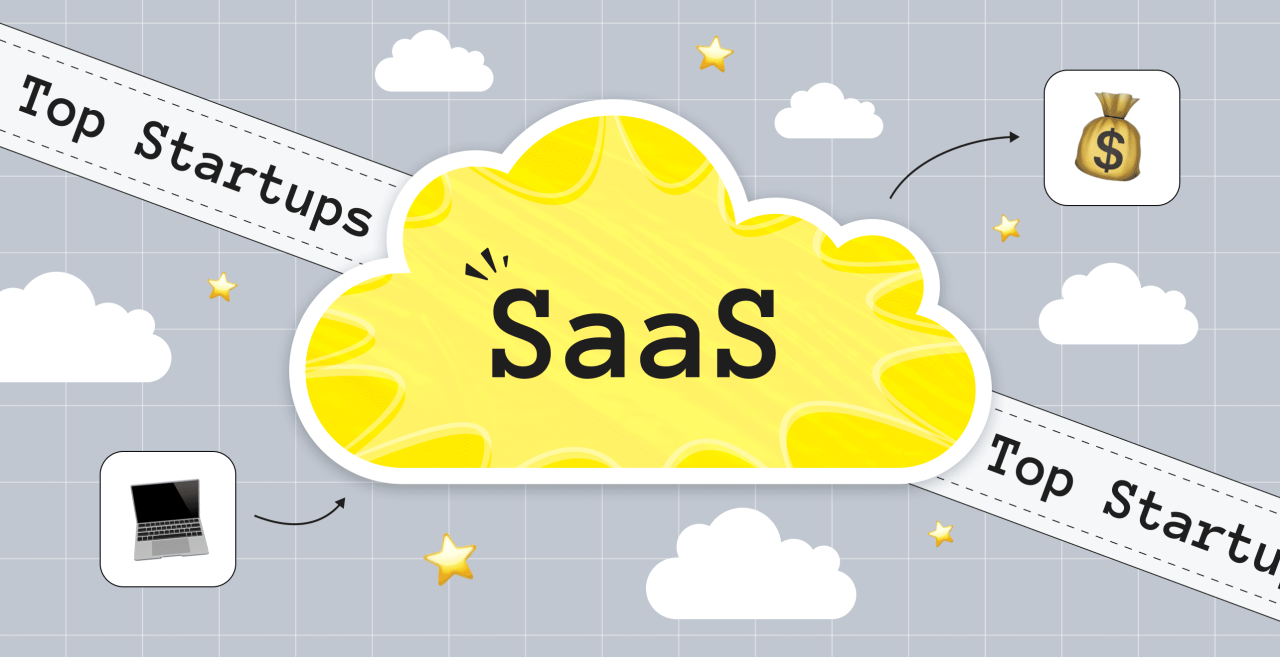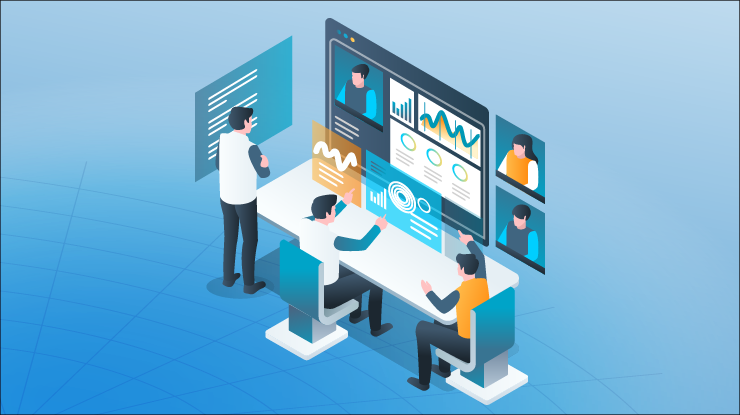Innovative AI Solutions That Are Changing the Game artificial Intelligence (AI) has long been a buzzword, but in recent years, it has transcended theory and entered the realm of tangible, real-world applications. The sheer pace at which innovative AI solutions are being developed and deployed is astounding, and they are now playing an instrumental role in transforming industries across the globe. Whether it’s healthcare, finance, transportation, or entertainment, AI is reshaping the way businesses and individuals approach challenges, creating new opportunities, and solving problems that once seemed insurmountable.
In 2025, the impact of AI is more pronounced than ever, and innovative AI solutions are at the core of this transformation. These solutions are not just about automating tasks; they are about unlocking new possibilities, improving efficiency, enhancing experiences, and paving the way for a future where AI works seamlessly alongside human intelligence. Below, we dive into some of the most groundbreaking innovative AI solutions that are changing the game across various sectors.

1. AI in Healthcare: Revolutionizing Diagnosis and Treatment
The healthcare industry is one of the primary beneficiaries of innovative AI solutions. From enhancing diagnostic accuracy to streamlining treatment plans, AI is rapidly changing the landscape of medical care. In 2025, AI-driven solutions are not just tools—they are becoming essential partners in the medical field.
Additionally, AI is also revolutionizing personalized medicine. By analyzing a patient’s genetic makeup and medical history, AI can recommend personalized treatment plans that maximize efficacy and minimize side effects. This level of precision was once unimaginable, but with innovative AI solutions, personalized healthcare is now a reality.
2. AI in Finance: Transforming Risk Management and Fraud Detection
The financial sector is another area where innovative AI solutions are having a profound impact. With the vast amount of data generated by financial transactions, traditional systems often struggle to detect fraud, manage risk, and provide personalized financial advice. However, AI has stepped in to change the game, enabling more accurate, faster, and smarter decision-making processes.
Moreover, AI is playing a key role in risk management. By analyzing historical data and market trends, AI can predict potential risks, enabling financial institutions to make more informed decisions. Whether it’s assessing credit risk, stock market fluctuations, or global economic shifts, AI tools offer predictive insights that help mitigate risks and maximize returns.
3. AI in Transportation: Autonomous Vehicles and Smart Traffic Systems
In transportation, innovative AI solutions are unlocking new possibilities that were once confined to science fiction. Autonomous vehicles are perhaps the most well-known example, but AI’s influence extends far beyond self-driving cars.
Self-driving vehicles, powered by machine learning algorithms, are becoming more adept at navigating complex environments. These vehicles can detect obstacles, predict the behavior of pedestrians and other drivers, and make split-second decisions based on real-time data. The result? Safer, more efficient travel with the potential to reduce traffic accidents and fatalities caused by human error.
Beyond autonomous vehicles, AI is also transforming traffic management. Cities are increasingly adopting AI-powered systems to optimize traffic flow, reduce congestion, and improve overall transportation efficiency. These systems use real-time data from cameras, sensors, and GPS devices to analyze traffic patterns and adjust traffic signals accordingly. In 2025, AI is helping to create smarter cities where traffic is not just a byproduct of human behavior but a dynamic system that can be optimized for better outcomes.
4. AI in Retail: Personalized Shopping Experiences
The retail industry has been one of the earliest adopters of innovative AI solutions, particularly when it comes to enhancing customer experiences.
One of the most significant applications is in personalized product recommendations. AI systems analyze customers’ browsing history, preferences, and even social media activity to suggest products that are most likely to appeal to them. This level of personalization boosts conversion rates and fosters customer loyalty.
AI is also revolutionizing inventory management. By analyzing purchasing trends, demand patterns, and seasonal fluctuations, AI can predict which products will be in demand, allowing retailers to optimize their stock levels and reduce waste. This not only improves operational efficiency but also ensures that customers can find the products they want when they need them.
In addition to these functions, AI is improving customer service through virtual assistants and chatbots. These AI-powered tools can answer questions, resolve issues, and guide customers through their shopping journeys in real time, providing an efficient and frictionless shopping experience.
5. AI in Education: Transforming Learning and Classroom Engagement
Education is another sector where innovative AI solutions are making a massive impact. AI is not just streamlining administrative tasks; it’s enhancing the learning experience for students, teachers, and administrators alike. In 2025, AI-powered tools are shaping the future of education by providing personalized, adaptive learning environments that cater to individual student needs.
AI-driven platforms can analyze students’ learning patterns, identifying areas where they struggle and offering targeted resources to help them improve.This personalized approach helps students learn at their own pace, enhancing retention and boosting engagement.
Teachers are also benefiting from AI. From grading to lesson planning, AI tools are automating many administrative tasks, freeing up more time for instructors to focus on teaching. Additionally, AI systems can assist in identifying students who need extra help, allowing educators to intervene early and provide the necessary support before small challenges turn into larger problems.
Beyond the classroom, AI is also transforming the way educational content is delivered. Virtual tutors, augmented reality (AR) experiences, and AI-assisted interactive learning platforms are providing students with rich, immersive educational experiences that enhance both understanding and retention.
6. AI in Manufacturing: Optimizing Production and Maintenance
The manufacturing sector is undergoing a revolution, thanks in large part to innovative AI solutions. These solutions are helping manufacturers optimize production lines, reduce downtime, and improve overall efficiency, all while cutting costs and improving quality control.
Additionally, AI is transforming supply chain management by predicting demand fluctuations and adjusting production schedules in real time. Machine learning algorithms are analyzing historical sales data, global trends, and market shifts to optimize the entire supply chain, ensuring that products are delivered on time and resources are used efficiently.
In 2025, AI is also being used to enhance quality control. Automated vision systems, powered by AI, can inspect products for defects at speeds and accuracies far beyond human capabilities. This ensures that products meet the highest standards and reduces the risk of faulty items reaching consumers.
As innovative AI solutions continue to advance, they will unlock new opportunities for growth, efficiency, and problem-solving. Companies, governments, and individuals who embrace these technologies will be at the forefront of shaping a smarter, more efficient, and more connected future. Whether it’s enhancing customer experiences, improving public safety, or solving complex global challenges, AI is here to stay, and its impact is only set to grow in the coming years.






